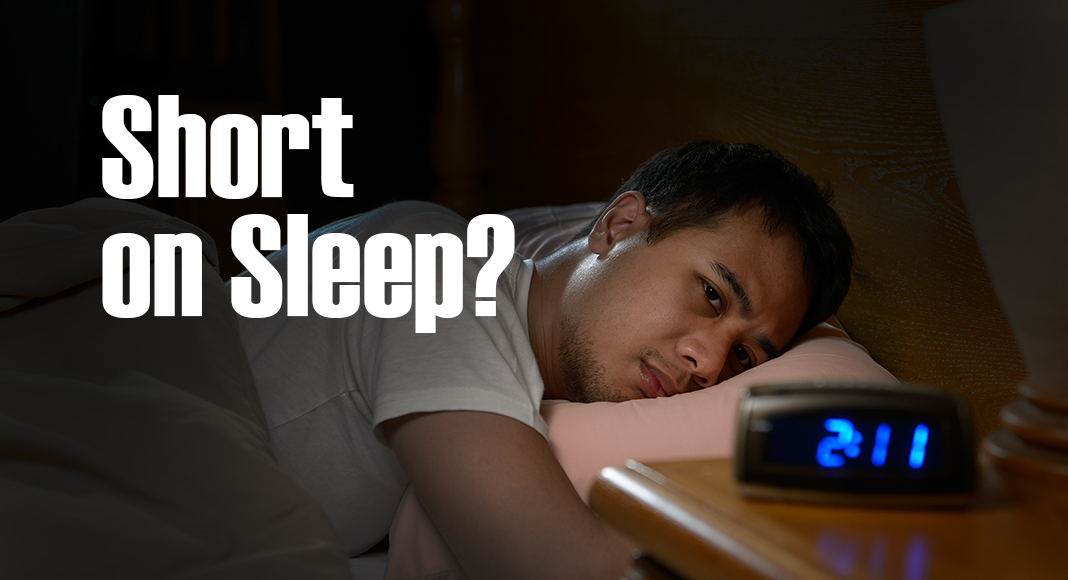
Mega Doctor News
By American Physiological Society (APS)
Newswise — Rockville, Md. —Otherwise healthy adults with chronically limited sleep showed abnormal heart rate patterns in a new study published in the American Journal of Physiology-Heart and Circulatory Physiology.
Not getting enough sleep on a regular basis is associated with a wide variety of health problems, including cardiovascular issues such as high blood pressure, heart disease and stroke. According to the U.S. Centers for Disease Control and Prevention, 1 in 3 adults in the U.S. do not get enough sleep.
Researchers from Montana State University in Bozeman divided 35 otherwise healthy men and women into two groups: those getting at least seven hours of sleep (normal sleeping) and those sleeping fewer than seven hours (short sleeping). Participants were screened first by two validated sleep quality surveys and then by an at-home monitor to test for sleep-disordered breathing.
The team then observed participants overnight in a lab-controlled sleep study, the gold standard for measuring physiological states during sleep. They were also followed for a minimum of seven days at home via a wrist sensor, which allowed researchers to observe participants’ sleep under more real-world conditions.
While we sleep, our brains will periodically show spikes in activity called spontaneous cortical arousals (CA). The researchers studied how the heart rates of normal sleeping and short-sleeping participants reacted to these incidents. While the two groups had a similar number of CA, the short sleeping group showed more elevated heart rate after these incidents and their heart rates took longer to return to normal than the heart rates of normal sleepers.
“These findings offer evidence of nocturnal cardiovascular dysregulation in habitual short sleepers, independent from any diagnosed sleep disorders,” researchers wrote.









